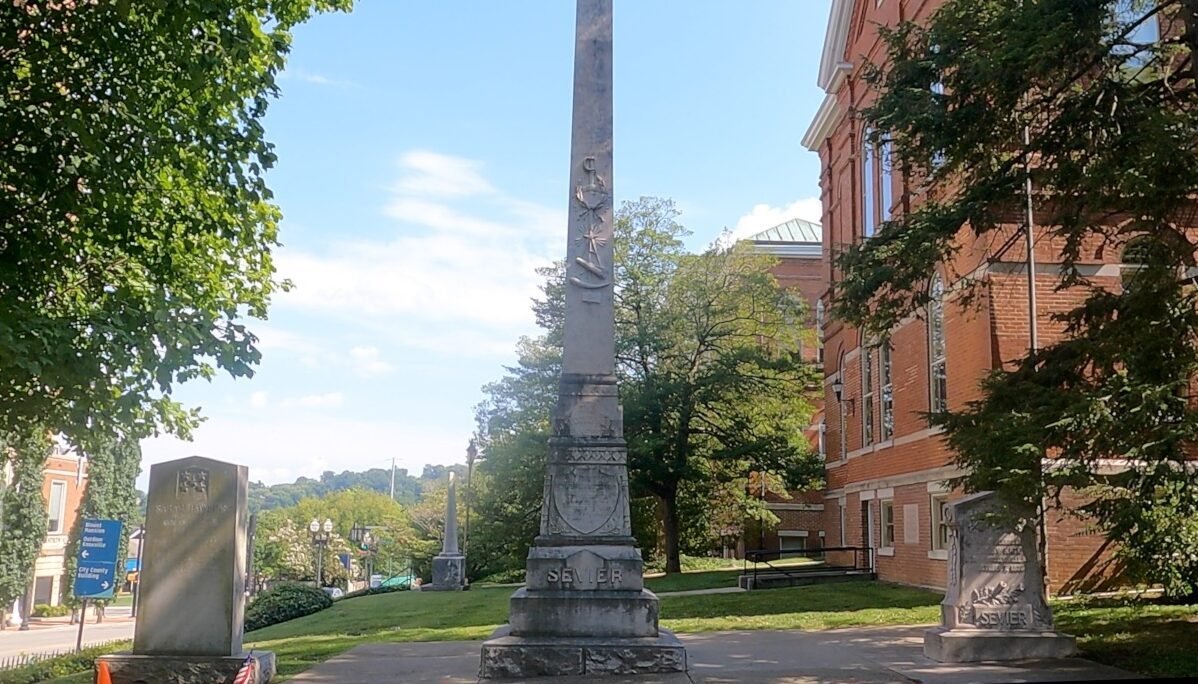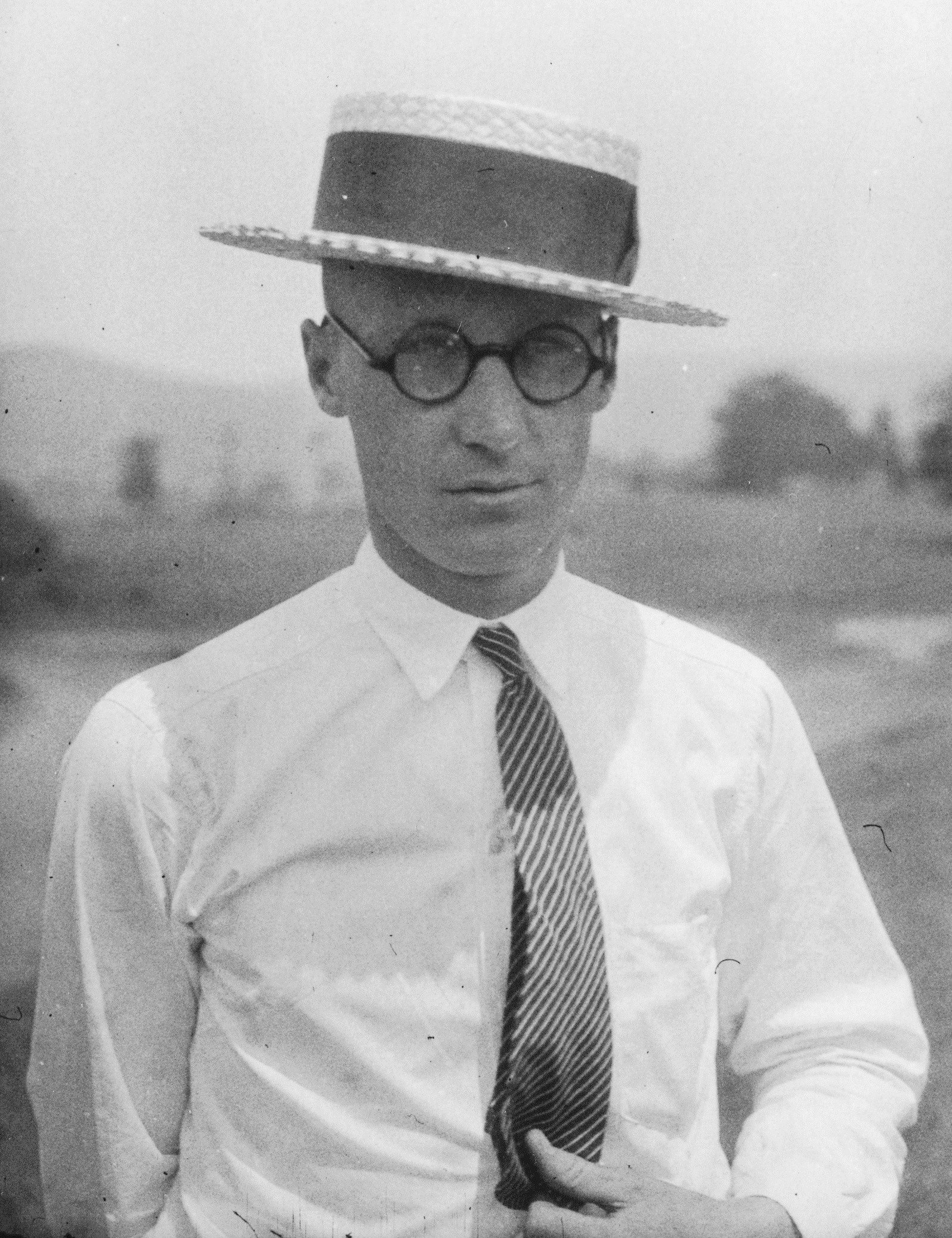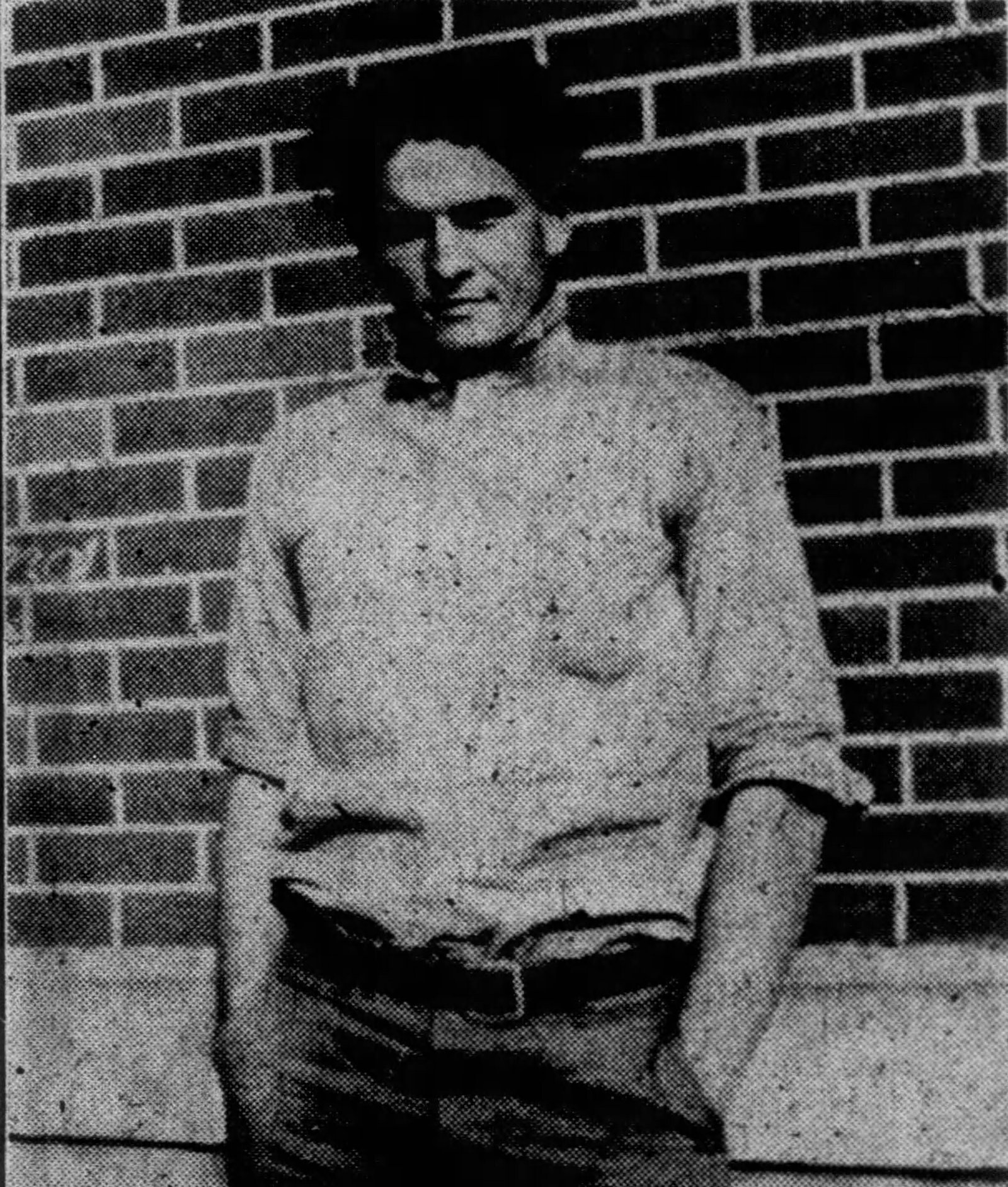On September 23, 1745 John Sevier was born near the town of New Market, Virginia, the oldest of seven children born to Valentine and Joanna Sevier. Valentine Sevier owned a tavern and is considered one of the founders of New Market.
In 1773 John Sevier and his family moved to Carter’s Valley in what’s now Tennessee. He later moved to the Watauga settlements.
He fought in the Revolutionary War, most notably at the Battle of King’s Mountain in 1780, where he led a militia of 240 Washington County men.
He was the first and only governor of the State of Franklin. After what essentially was a civil war within the state between Sevier’s forces on one side and John Tipton’s on the other which led to the “Battle of Franklin” in February, 1788, support for Franklin melted away among the settlers and the territory eventually ended up as part of the Southwest Territory. When the new state of Tennessee was established in 1796, John Sevier became the first governor.
He served in that position for eleven years and during that time entered into a political rivalry with Andrew Jackson that came to a head in 1803.
That year, after being reelected, Sevier and Jackson, who was at that time a Tennessee Superior Court justice, got into a heated argument on the streets of Knoxville in which Sevier hollered at Jackson:
“I know of no great service you have rendered the country, except taking a trip to Natchez with another man’s wife”
This was a reference to Jackson’s wife, who he married believing that she was divorced from her first husband.
That led to gunshots being fired between the governor and the judge, which didn’t end until Sevier agreed to a duel at the Southwest Point, which is near Kingston where the Clinch River flows into the Tennessee River at Watts Bar Lake.
On the appointed day Jackson and his second appeared but there was no Sevier. Finally Jackson prepared to leave but just at that moment Sevier could be seen coming in the distance. Filled with rage over Sevier being late, Jackson took off toward him and the two drew pistols, not for a formal duel but for a shootout. All the commotion caused Sevier’s horse to run away with the dueling pistols. The two men’s seconds managed to talk them out of a gunfight.
Sevier later served in the Tennessee State Senate from Knoxville and the U.S. Congress from the 2nd congressional district.
In 1815 he went to the Alabama Territory to survey lands that had recently been acquired, ironically, by Andrew Jackson in a war with the Creeks. There he took ill and died. He was buried along the Tallapoosa River. In 1889 his remains were moved to the Knox County Courthouse lawn with the pictured monument placed there in 1893.



